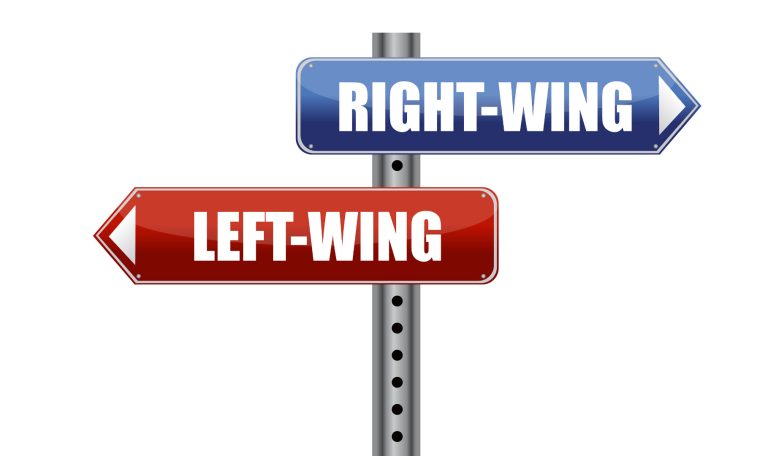 Since war is an extraordinary event, its effects are very long-lasting. Every war leaves behind consequences in history. The impact of Israel’s war against Gaza and Hezbollah on the world has begun to manifest. Supporters of Israel’s agenda believe that Israel has crushed all the forces harboring hostile intentions against it and has secured itself. On the other hand, Israel’s fascist attitude, particularly towards Palestinians and generally towards Muslims, has started a process of intellectual transformation in the Western world.
Since war is an extraordinary event, its effects are very long-lasting. Every war leaves behind consequences in history. The impact of Israel’s war against Gaza and Hezbollah on the world has begun to manifest. Supporters of Israel’s agenda believe that Israel has crushed all the forces harboring hostile intentions against it and has secured itself. On the other hand, Israel’s fascist attitude, particularly towards Palestinians and generally towards Muslims, has started a process of intellectual transformation in the Western world.
On the issue of Gaza, differences have grown so much within Britain’s ruling Labour Party that the party’s far-left hardliner Jeremy Corbyn has decided to form a new socialist party, and several Muslim members of parliament have already announced their support for this party. In New York, American Democratic Party candidate Zohran Mamdani is openly condemning Israel and is also receiving support for it. American President Trump is both an ally of Israel and a participant in the bombing of Iran. Despite fighting a war alongside Israel, there is a noticeable lack of passion and enthusiasm in his support for Israel, which was always present in every past war from American presidents. The way Israel has spread destruction through brutality in Gaza has shaken every sensitive heart in the world—be it Muslim or non-Muslim—and a clear decrease in Western support for Israel is being seen, heard, and felt. For the first time, American and European newspapers are compelled to write that Israel’s policies have brought it disrepute across the world.
A living proof of changing trends in the Western world is the account of the annual music festival held in the British town of Glastonbury. On a privately-owned land of a British lord, a music festival is organized every year. Listeners and enthusiasts come and camp here for several days. Due to the presence of thousands, a food and drink city is also established here. Singers from all over the world come here to showcase their talent, and people staying here day and night enjoy the music. The interesting thing is that the changing trends in Europe and America can be gauged from such music festivals. Many new political ideologies and movements also originate at these gatherings. The same Britain and America where even speaking against Israel was considered speaking against humanity—there, open slogans were chanted against Israel’s Ministry of Defense. The British government exerted pressure that this music festival should not be held or some singers should not be allowed to perform there. But the landowner, the lord, stood his ground that this is my private land, and I will not accept any such restriction. Thus, the music festival was held with great vigor and open criticism of Israel’s policies also took place there.
Even in America, the effects of this changing trend have begun to appear. The world, which after Hitler’s atrocities on Jewish people, expressed sympathy with Jews—Israel, through its own policies in Gaza, has alienated it. And for the first time, public opinion in Europe and America is speaking in support of the Palestinians of Gaza. International political and social commentator Michelle Goldberg has written in The New York Times that while new elements are joining the formation of a new left wing, the right wing, moving away from conservatism and traditionalism, is becoming increasingly militant. The European parties that are against immigration and have narrow views on liberties—their tendency is becoming more aggressive. Earlier, the left wing was considered rebellious and violent, while the right wing was thought to be peaceful. Now the situation is reversing. The left wing has become a supporter of human rights and democratic freedoms, while earlier the left wing considered democracy insufficient and desired socialist or communist revolution.
Like the rest of the world, the clear division between right and left wings in Pakistan has also become blurry. The dream of a socialist revolution has ended. Some left-wingers, considering the human principles of social justice and equality as their ideal, now see peaceful democratic struggle as the future course of action. On the other hand, in the past, Pakistan’s religious right wing consisted of Jamaat-e-Islami, Jamiat Ulema-e-Pakistan, and Jamiat Ulema-e-Islam, which wanted to implement their ideology through democratic and constitutional struggle. But today’s right wing has changed. The Taliban, Al-Qaeda, and ISIS, along with their extremist ideologies, also believe that their ideologies cannot be enforced in the state without a violent war or revolution. Earlier, Che Guevara was the hero of anti-state forces across the world; in the Muslim world, today’s hero of opponents of states and rulers is Osama bin Laden. Similarly, after the outcomes of the First and Second World Wars, the principles of peace, humanity, and justice that were established—will now be redefined. Today’s right and left wings also carry new ideologies. This ideological division will also take a new shape after the Israel-Arab war and the Israel-Iran war.
In addition to socialist countries, in most parts of the world, communists and socialists remained under repression. In the Vietnam war, American actors and writers were declared traitors and rebels and made scapegoats. On the other hand, communist governments also slaughtered those with different or opposing ideas, labeling them anti-revolution. It remains to be seen whether, in changing circumstances, states will remain ideological or not? Will the right-wing ideology become revolutionary, and the left-wing become democratic?
Changing ideological concepts will also definitely reach the Muslim world and especially Pakistan. After seeing the fate of proxies in the recent war, will proxy war continue in this region or stop? Will the state continue its tilt towards the right wing or become liberal? How will the right-wing political parties stop the growing violent tendencies within themselves, and what will left-wing and liberal parties learn from global public opinion? The world is changing—we too will change.
 Colors
Colors  View Books
View Books 



